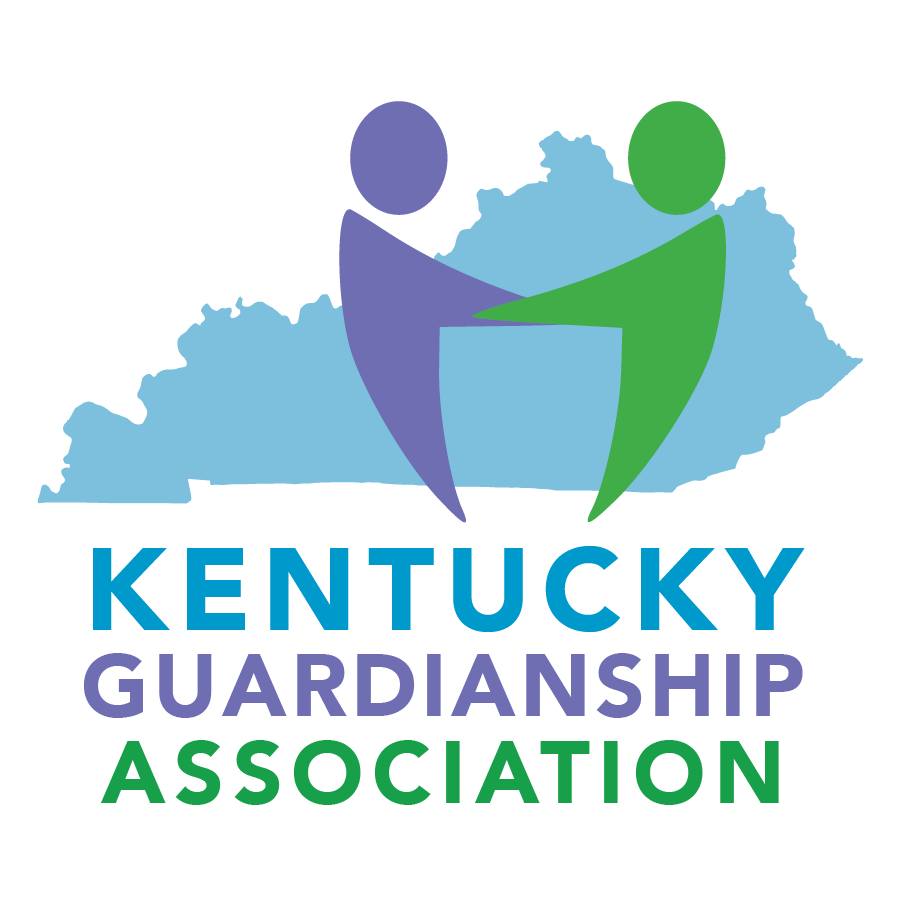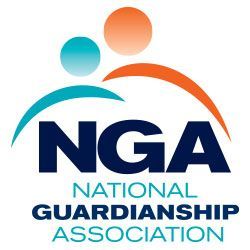Disclaimer: The Kentucky Guardianship Association does not provide legal advice nor does the organization represent parties in court or throughout the guardianship process. This information is provided for informational purposes only. Persons seeking legal advice should contact an attorney.
Disclaimer: The Kentucky Guardianship Association does not provide legal advice nor does the organization represent parties in court or throughout the guardianship process. This information is provided for informational purposes only. Persons seeking legal advice should contact an attorney.
Disability Trial for Guardianship Petition
The Commonwealth of Kentucky guardianship and conservatorship laws are unique as Kentucky is the only state that mandates a disability trial. While other states are prescriptive in the guardianship process, the requirement of a disability trial assures that the petition for guardianship is given a full hearing before a 6-member jury panel and judge. The disability trial serves the purpose of determining the presence and extent of legal disability. Any time that the potential of diminished rights is under consideration, Kentucky recognizes the seriousness of this and provides for a robust process. The law and process for guardianship in Kentucky is defined in Chapter 387 of the Kentucky Revised Statutes.
When an adult begins to exhibit behavior that causes concern among loved ones, appointing a guardian may be the best option to protect that individual from physical harm, making poor decisions or exploitation by others. The person who brings this concern to the court system, the petitioner, may have observed a significant change in attitude or habits in the respondent, the person for whom there is concern. Basic questions to consider include:
- Does this person remain able to care for personal property?
- Has this person's general health deteriorated?
- Can this person adequately provide for their food, clothing and shelter needs?
- Is this person capable of understanding and making sound financial decisions?
- Is this person at risk of exploitation by others?
The decision to pursue guardianship for an adult is not to be taken lightly or in haste and the court will always pursue the least restrictive alternative to provide protection for an individual. The process begins when the petitioner approaches District Court in the area where the individual of concern lives. District Court clerks are trained to assist in these matters and are helpful in explaining the filing of a petition and the process of a disability trial that follows. Some of the larger counties in Kentucky have a Mental Health Clerk who does this work. Due to the sensitive nature of establishing guardianship, all matters related to this process are confidential. Once a petition is filed (by the Petitioner), the person who may need a guardianship (the Respondent) will be scheduled for an examination by an Interdisciplinary Team (IDT). The team members, a medical doctor, a psychologist and a social worker, will each write a report and must agree on the presence of legal disability or the disability trial does not proceed. The respondent requires an attorney to represent him/her during the disability trial. If the respondent cannot afford an attorney, the District Court will appoint an attorney. The petitioner is not required to have an attorney but may chose to hire legal counsel.
During the disability trial, the evidence provided by the reports of the IDT is presented to the jury by the County Attorney. The authority to decide on the presence and scope of legal disability rests with the jury. Guardianship or conservatorship is deemed appropriate when it is determined that the respondent is disabled or partially disabled. In order for a guardian or conservator to be appointed, the evidence presented in the disability trial will be weighed by the jury as they determine full disability, partial disability, or that the respondent is not disabled, in which case a guardian will not be appointed. The jury in a disability trial also determines the specific areas where the respondent needs assistance.
Based upon the recommendation of the jury, the judge will select the guardian and clarify the limits on the power of the guardian. When the judge is considering the appointment of a guardian, there are several questions that are taken into consideration:
- What is the relationship between the person under consideration and the Respondent?
- What is the person's work situation, financial ability and education?
- What is the person's ability to fulfill the demands of this important responsibility?
Kentucky guardianship law is clear on the responsibilities of a guardian or conservator and the court holds the appointee accountable through a number of reporting requirements.
The Kentucky Guardianship Association is a non-profit membership organization committed to improving adult guardianship in Kentucky. Whether you are the Petitioner seeking guardianship for a person in need, a lawyer dealing with a guardianship matter, a social worker or other professional on the Interdisciplinary Team that gathers evidence to determine legal disability in the disability trial, the Kentucky Guardianship Association (KGA) is a helpful resource. Our meetings and trainings assist our members to understand legal disability and guardian law. The KGA provides continuing education for the various disciplines that have a role in guardianship. The KGA website,
www.kyguardianship.org, provides a video on its Resources page with up-to-date information and easy-to-understand overview of Kentucky law along with a downloadable handbook, the Kentucky Guardianship Manual, that details the guardianship process in Kentucky from start to finish. You will find it easier to navigate guardian law and the disability trial when you tap into the resources at KGA.
Contact us today to learn more.



